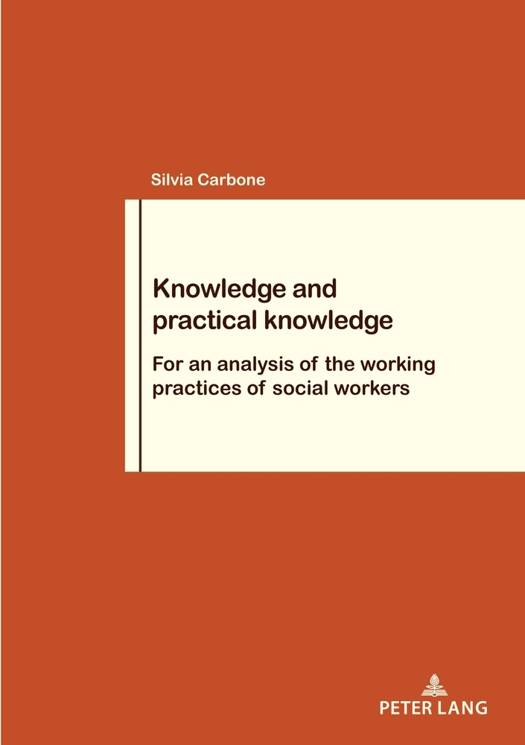
- Retrait gratuit dans votre magasin Club
- 7.000.000 titres dans notre catalogue
- Payer en toute sécurité
- Toujours un magasin près de chez vous
- Retrait gratuit dans votre magasin Club
- 7.000.0000 titres dans notre catalogue
- Payer en toute sécurité
- Toujours un magasin près de chez vous
Knowledge and Practical Knowledge
For an Analysis of the Working Practices of Social Workers
Silvia CarboneDescription
How is the work of social workers shaped in terms of individuals and the internal organization of the structure? And how does the relationship between knowledge and practical knowledge affect professional vision, performance and choices of action? This book helps to explore how the working practice of social workers is expressed on that path where knowledge and practical knowledge, learnt in situations, becomes knowing how to work together, weaving together relationships among people, professions, objects, languages, technologies and institutions.
The book therefore proposes new ways of combining these two aspects: how social workers construct their knowledge through everyday practices and what it means to empirically study the practical knowledge of social workers.
Spécifications
Parties prenantes
- Auteur(s) :
- Editeur:
Contenu
- Nombre de pages :
- 106
- Langue:
- Anglais
- Collection :
- Tome:
- n° 88
Caractéristiques
- EAN:
- 9783034349307
- Date de parution :
- 29-07-24
- Format:
- Livre broché
- Format numérique:
- Trade paperback (VS)
- Dimensions :
- 148 mm x 210 mm
- Poids :
- 136 g

Les avis
Nous publions uniquement les avis qui respectent les conditions requises. Consultez nos conditions pour les avis.






